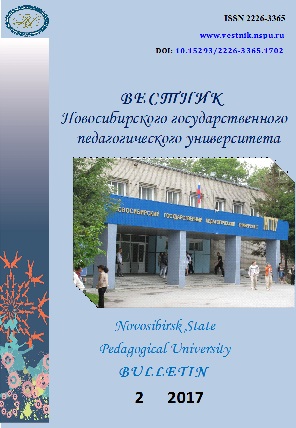Прагматика перевода на русский язык дефисных композитов из британского и американского политического дискурса
Pragmatics of translation into Russian of hyphenated
compounds from British and American political discourse
Author(s): Olga Vasilyevna Nikolaeva, Evgenia Victorovna TerekhovaSubject(s): Applied Linguistics, Pragmatics, Translation Studies
Published by: Новосибирский государственный педагогический университет
Keywords: Hyphenated compound; phrasal compound; pragmatics; morphopragmatics; political discourse; translation; massmedia;
Summary/Abstract: Introduction. The research deals with the pragmatics of translation of British and American political discourse into Russian. Hyphenated compounds which abound in contemporary political British and American media articles are analyzed in the aspects of their pragmatic function in media-discourse in English and mechanisms of translation into Russian. Materials and Methods. Over 300 hyphenated compounds were selected from American and British periodicals on political issues (2008–2016). Discursive analysis was applied to discover persuasive potential of political discourse and the role of hyphenated compounds as author’s / newspaper’s / journal’s rhetoric device. Results. The authors suggested the principles which determine the mechanisms of translation of hyphenated compounds into Russian. It was found that hyphenated compounds being a technique of political text compression and bright expression in media in English were not structurally and pragmatically appropriate for Russian political discourse. With the examples analyzed the translation of hyphenated compounds into Russian was determined by the back-ground (un)awareness of Russian readers of current situation in the USA and the UK, political pragmatics of a Russian periodical, which presented the translated material, as well as the factor of structural difference between English and Russian languages and specific cultures of English- and Russian-speaking countries. Conclusions. The authors state that the mechanisms of translating hyphenated compounds into Russian are a part of persuasive power of political discourse in Russian, which has a different target audience and hence different pragmatic goals.
Journal: Вестник Новосибирского государственного педагогического университета
- Issue Year: 7/2017
- Issue No: 2
- Page Range: 129-142
- Page Count: 14
- Language: Russian

